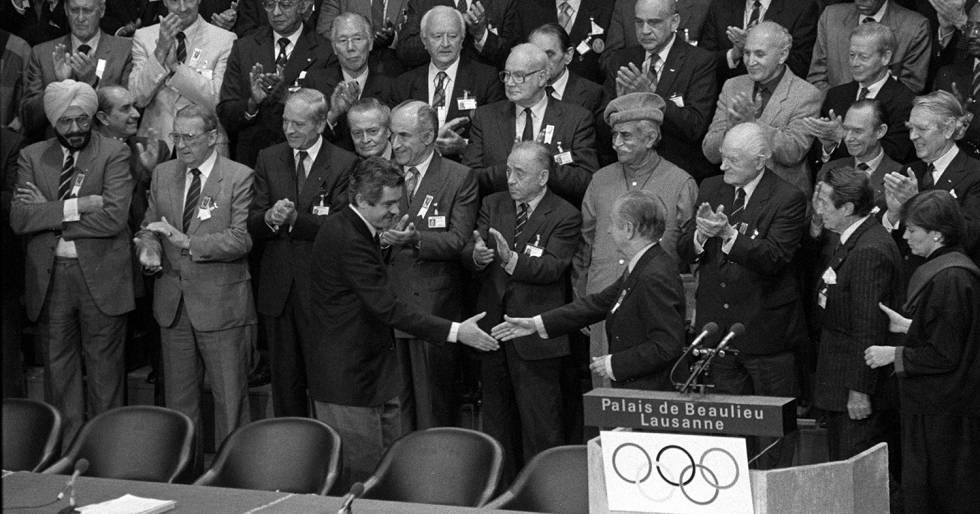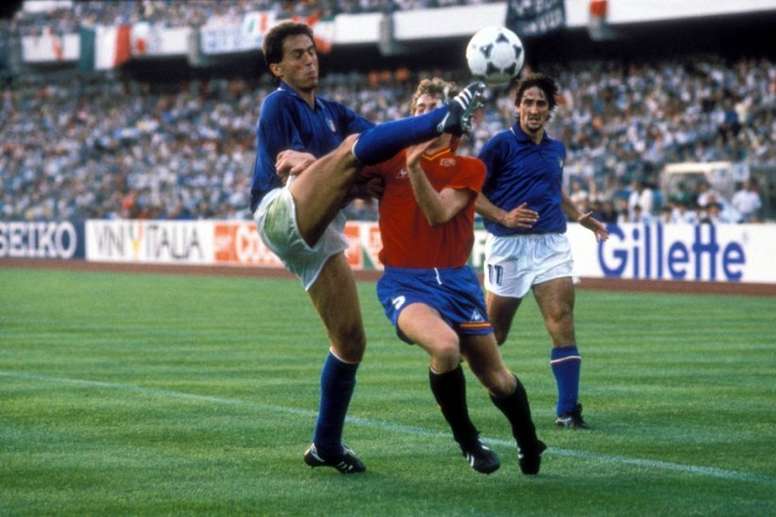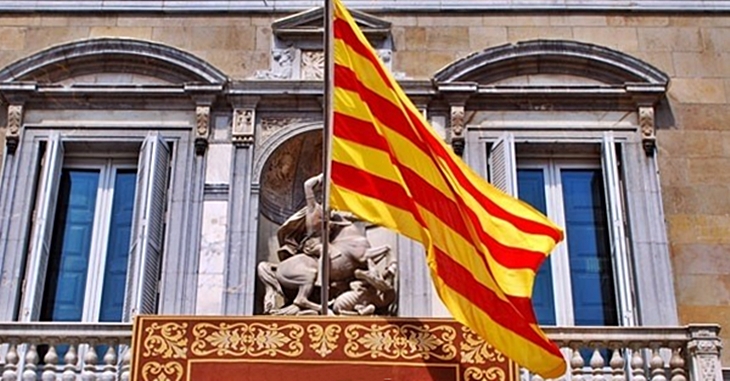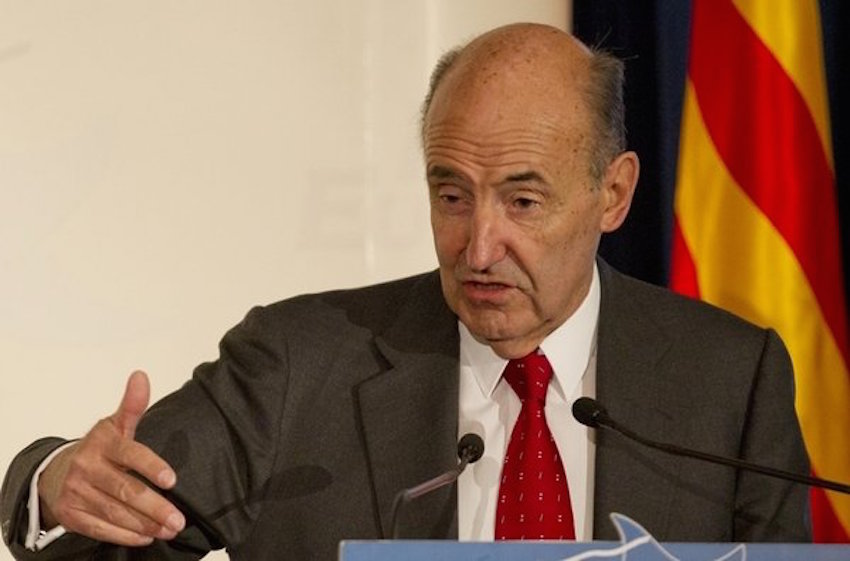1. El Cambio
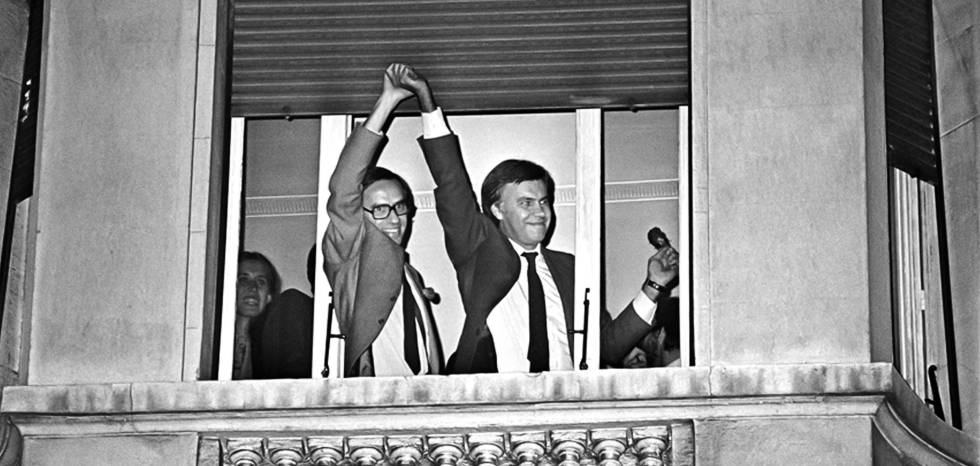
1. El Cambio
As we have seen in the previous book, by 1983 UCD, the party that had held the government for the last six years, was utterly exhausted and involved in a deep crisis while the PSOE seemed to bring the bright promise of a new beginning. A new era was there.
Under the motto Por el cambio (For the change), Felipe Gonzalez achieved an impressive victory that caught by surprise even to his most loyal followers. Also, to the astonishment of many, Landelino Lavilla managed to keep UCD as the second political force of Spain, even if this "sweet" defeat, in the end, was to cause his eventual downfall. AN suffered a bitter defeat, as Fraga had stated too eagerly too many times that victory was there to be taken, that 1983 was to be their year... and then lost a third of its voters while Lavilla stood his ground; as a result of it, a few months later Fraga was forced to resign and then replaced by José María de Areilza, who renamed the party as Alianza Popular (AP - Popular Alliance). Another looser was Carrillo, as the Communist party lost half of its voters. Reduced to be a nothingness on the political arena, the PCE was to begin a long crisis that would start when Santiago Carillo resigned after the elections and was replaced by Gerardo Iglesias and that was to last until 1988.
The bi-partisanship that had been working since the first elections was over. The PSOE, with the suport of the PNV, had a majority govern. Furthermore, Spain was ruled by a political party that had nothing to do with the Francoist regime. Thus, with his control of the Parliament and the difficult situation of UCD and the weakness of AN, Felipe González was ready to rebuild the country as he wished, to the joy of half of the country and to the fear of the other half.
PSOE (González) - 8 555 458 votes - 48.11 %, 174 seats (+3,972,777 votes, + 63 seats)
UCD (Lavilla) - 5 047 141 votes - 26.36 % - 103 seats (-599,496 votes, - 53 seats)
AN (Fraga) - 684,048 votes - 6.77 % - 11 seats (-386,470 votes, - 7 seats)
PNV (Garaikoetxea) - 395.656 votes - 1,88 %- 8 seats (+99,059 votes, no seat change)
PCE (Carrillo) - 846,515 votes - 4,02 %, 4 seats (-761,375 votes, -3 seats)
Last edited:


